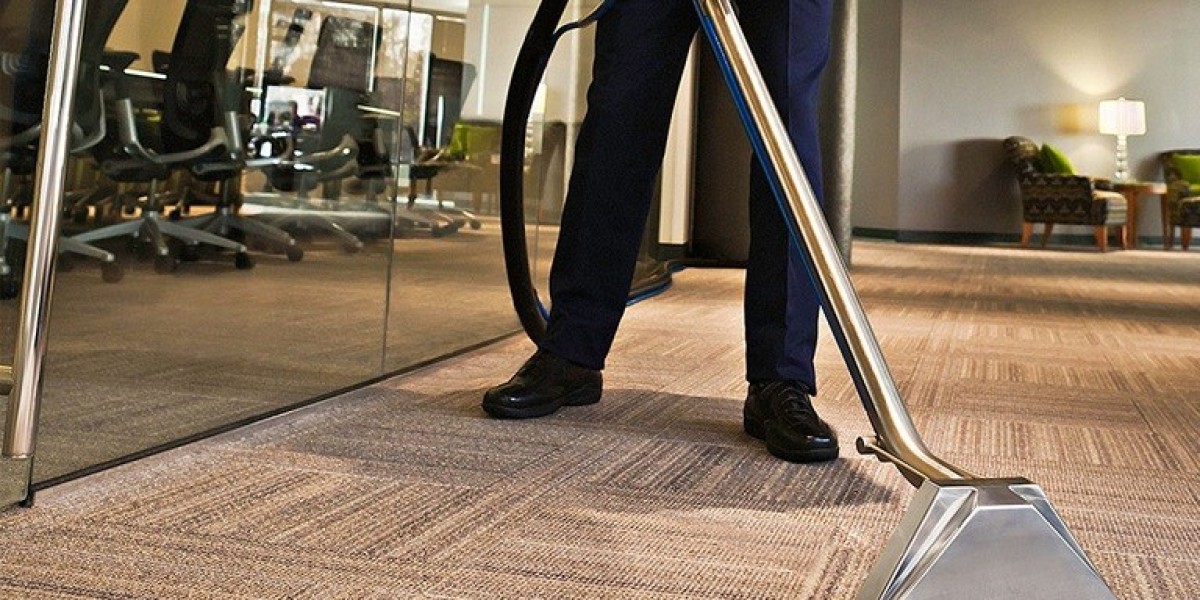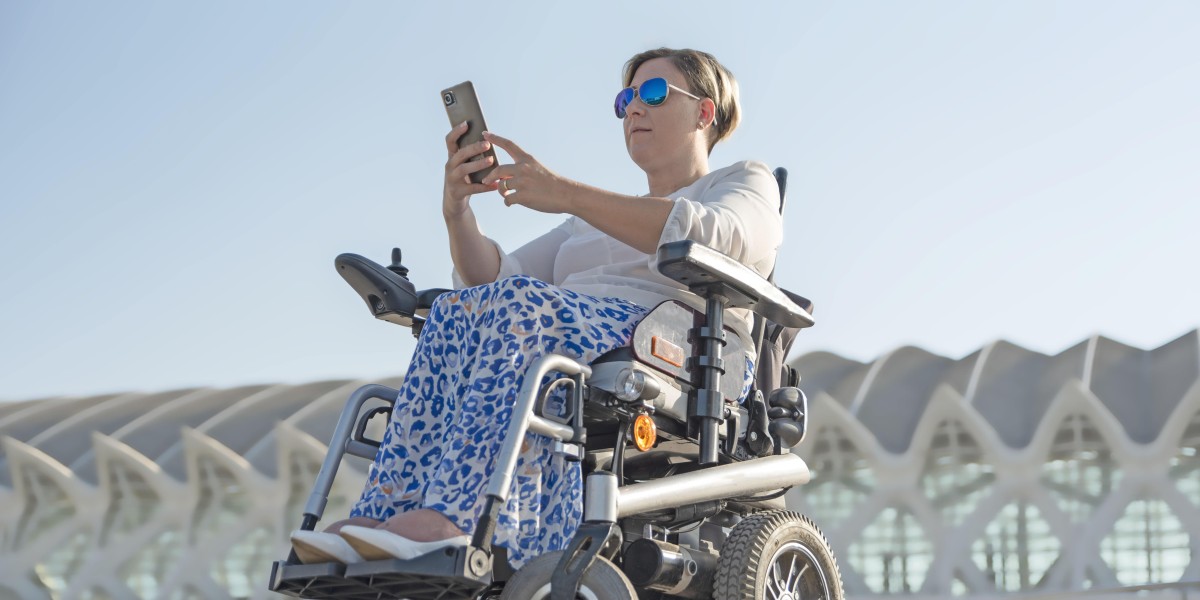In the automotive industry, material selection and manufacturing precision go hand in hand. Among polymers, the comparison of polypropylene vs polyethylene is a fundamental decision for part engineers. Combine this material choice with high‑accuracy manufacturing, and you get components that deliver top‑tier performance. When parts are produced via precision CNC machining services, the outcome is automotive components that meet tight tolerances, offer consistent quality, and provide strong commercial value.
Understanding Polypropylene vs Polyethylene
Although both plastics are polyolefins and share common traits lighter weight, corrosion resistance, recyclability they also have distinct differences.
Polypropylene (PP) offers higher melting point and rigidity, making it suitable for automotive applications exposed to elevated temperatures.
- Polyethylene (PE), on the other hand, is more flexible and impact‑tolerant, often selected for parts requiring resilience and durability under load.
Understanding these differences is key when combining these materials with precision CNC machining services for automotive manufacturing.
Why CNC Machining Matters for PP & PE Automotive Parts
When using polypropylene or polyethylene for automotive components whether interior trim, functional housings, or structural brackets manufacturing method is critical. Here’s why precision CNC machining services matter:
1. Accuracy & Tolerance
Automotive parts made from PP or PE often require exact fit, clearances, and repeatability. CNC machining delivers controlled dimensions and uniform results, thereby reducing assembly issues and ensuring reliability.
2. Material Efficiency & Design Flexibility
CNC machining works well with PP and PE without requiring injection‑mould tooling. This allows faster iterations, design adjustments, and reduced upfront cost when producing prototypes or low‑volume runs.
3. Surface Finish & Functional Integrity
With CNC machining, surfaces can be finished to automotive standards smooth transitions, minimal burrs, and clean geometry that supports post‑assembly processes like coating or bonding.
4. Scalability and Consistency
Once the CNC process is validated, manufacturers can scale up production without sacrificing consistency. This makes precision CNC machining services ideal for both prototyping and full‑volume automotive manufacturing.
Automotive Applications of Machined PP & PE Parts
In practice, the combination of material and machining method enables a variety of automotive components:
Interior panels and trim pieces: Polypropylene’s rigidity and heat resistance suit dashboards, covers, and structural interiors.
Fluid‑system components and housings: Polyethylene’s chemical resistance and impact strength are ideal for tanks, liners, and fixtures.
Functional brackets and mounts: CNC‑machined parts offer firm, accurate attachment points for assemblies while using lightweight PP or PE.
Prototype or custom runs: CNC machining of PP/PE enables manufacturers to test new instrument clusters, control modules or running gear components without full tooling investment.
By leveraging precision CNC machining services, automotive OEMs and suppliers can deliver high‑quality parts using PP and PE that meet performance demands and cost targets.
Commercial & Manufacturing Advantages
From a business perspective, the adoption of PP and PE via precision CNC machining services yields multiple benefits:
Reduced Time‑to‑Market: Faster development cycles from CAD to finished part less tooling, fewer delays.
Lower Costs for Small & Mid‑Volume Runs: CNC machining avoids large tooling expenditures, making PP/PE parts economically viable for diverse volumes.
Quality & Repeatability: Consistency across batches reduces defect rates and rework, improving ROI.
Competitive Differentiation: Engineering with PP or PE gives brands a performance edge in weight, durability, and material behaviour.
Automobile parts that perform reliably under service conditions and are produced efficiently enhance market confidence and profitability.
Why Choose XC Machining for Your PP & PE CNC Machined Automotive Parts
As a trusted manufacturing partner, XC Machining offers precision CNC machining services tailored to automotive industry requirements. From material selection support (PP vs PE) to machining strategy and finishing, their team ensures your parts meet spec, cost and schedule. By combining advanced CNC equipment with careful process control and inspection, they deliver automotive components that are accurate, durable, and scalable.
Conclusion
The choice between polypropylene vs polyethylene is not just about the material it’s about how the material is processed. When paired with precision CNC machining services, both PP and PE become powerful enablers of automotive design, manufacturing efficiency and part performance. With a partner like XCMachining, your next automotive component made from PP or PE can benefit from manufacturing excellence, giving you an edge in both engineering and business outcomes.







